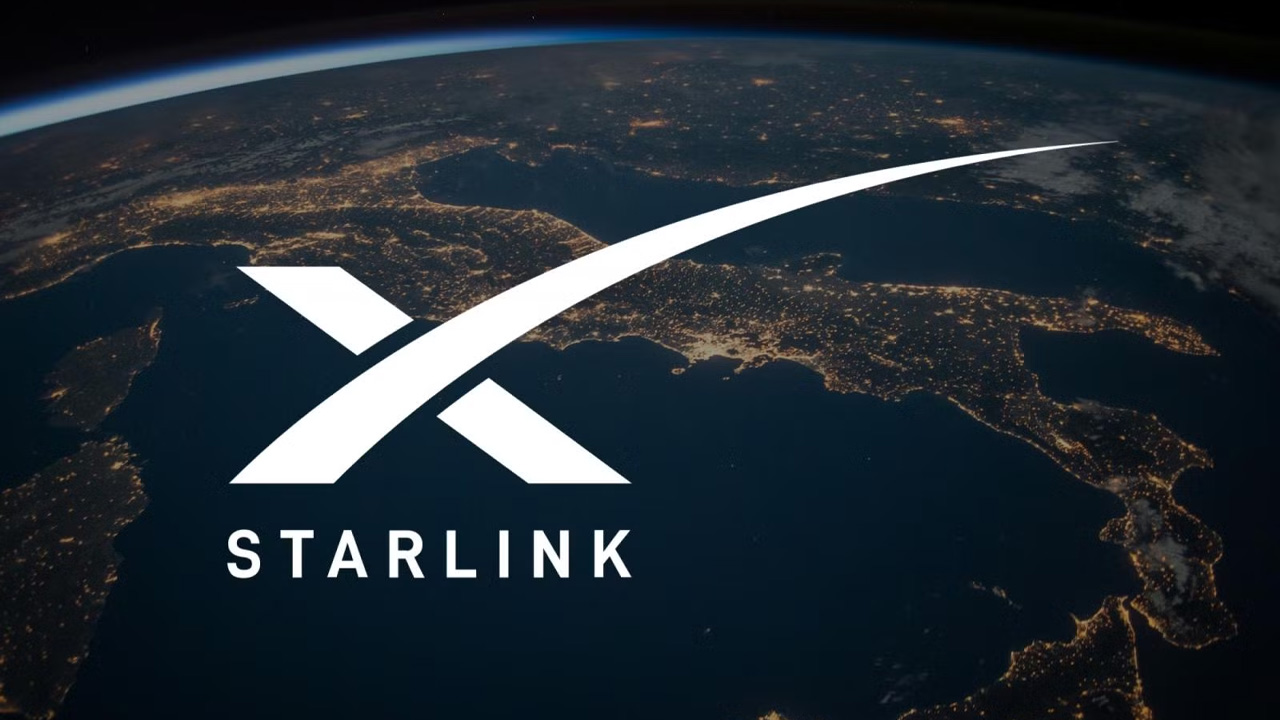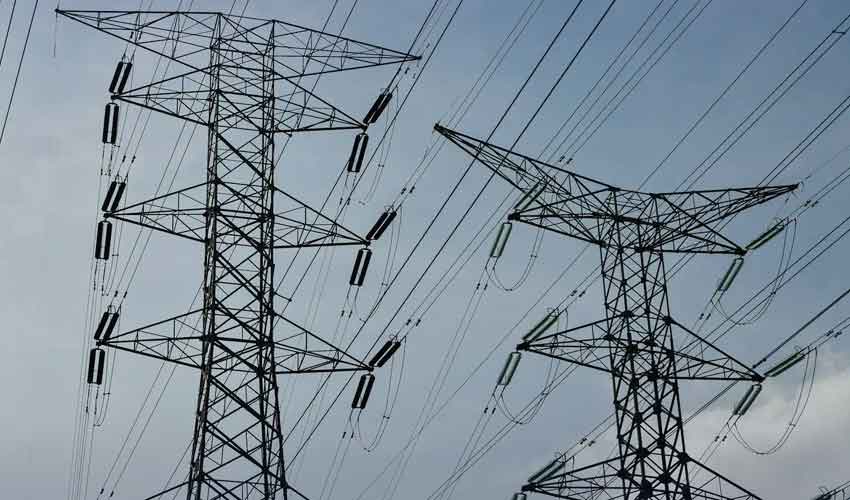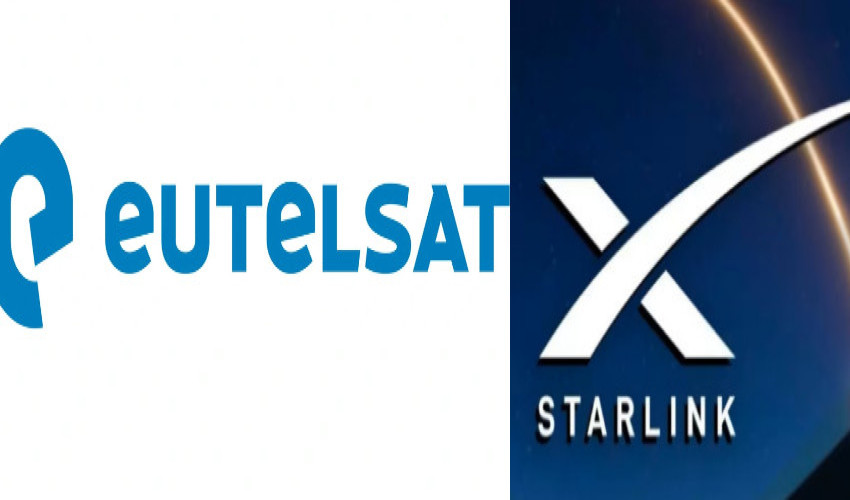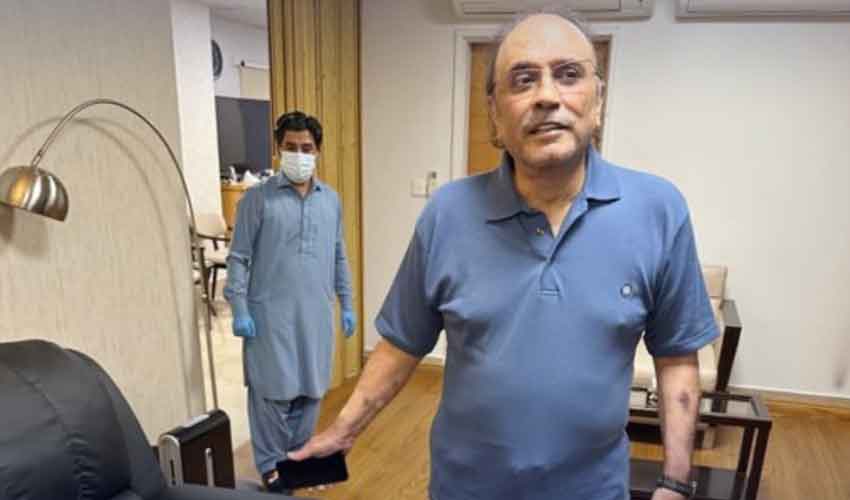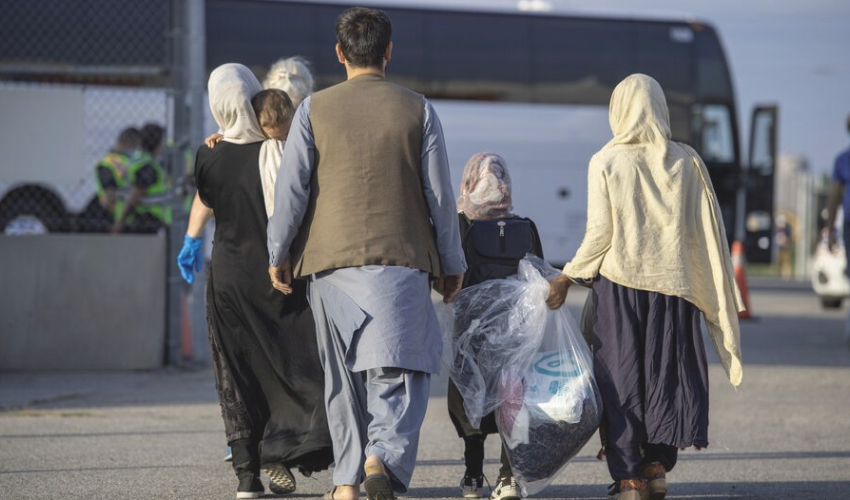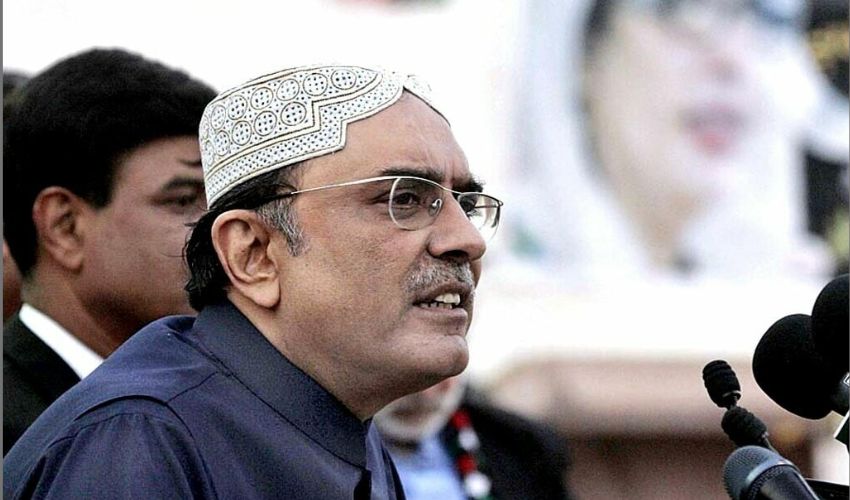The Elon Musk’s internet company, Starlink, has emerged as Nigeria’s second-largest Internet Service Provider (ISP) by subscriber numbers as of the third quarter of 2024.
This revelation came from the latest data released by the Nigerian Communications Commission (NCC).
The company’s active customer base in Nigeria reached 65,564 by the end of Q3 2024, surpassing FiberOne, which previously held the second spot. Starlink’s customer numbers have surged by 41,667 from December 2023, when it had only 23,897 active subscribers, making it the third-largest ISP at the time.
While Spectranet retained the top position with 105,441 active customers at the end of Q3 2024, it lost over 8,000 subscribers compared to the 113,869 customers it had in December 2023. FiberOne, now in third place, had 33,010 active customers at the end of the quarter, a considerable drop from its previous standing.
As of Q3 2024, there are 241 companies licensed as ISPs in Nigeria, with 124 of them having active customers.
These 124 ISPs collectively had 307,946 active customers, though this figure remains relatively low compared to the 132.4 million active internet subscriptions reported by Nigeria’s four mobile network operators (MTN, Airtel, Globacom, and 9mobile) as of September 2024.
Despite higher costs compared to local ISPs, Starlink’s satellite service has sparked considerable interest in Nigeria since it began operations in January 2023.
The service has attracted customers in areas with poor internet networks, offering a solution where traditional ISPs struggle to deliver reliable service.
Starlink’s rapid customer growth in less than two years has outpaced many long-established ISPs in Nigeria. However, its subscription prices have increased significantly.
In December 2024, Starlink raised its monthly subscription from N38,000 to N75,000, following a dispute with the NCC, which stated that Starlink had not secured approval before implementing the price hike.
The demand for Starlink’s service has been so high that, at certain points last year, the company had to suspend new orders in Lagos, Abuja, and Port Harcourt due to reaching full capacity. The service was also sold out in Benin City and Warri during this period.





